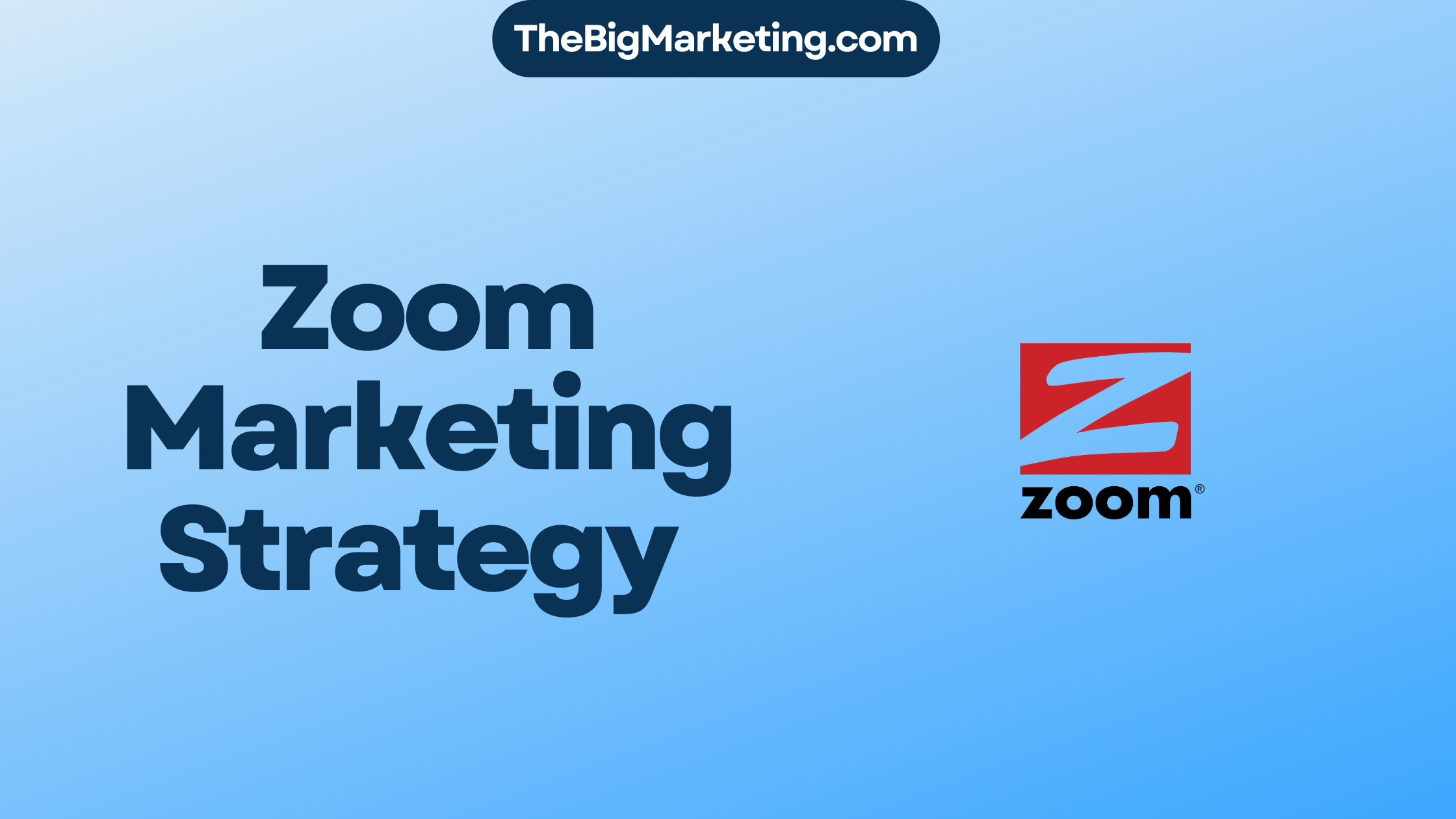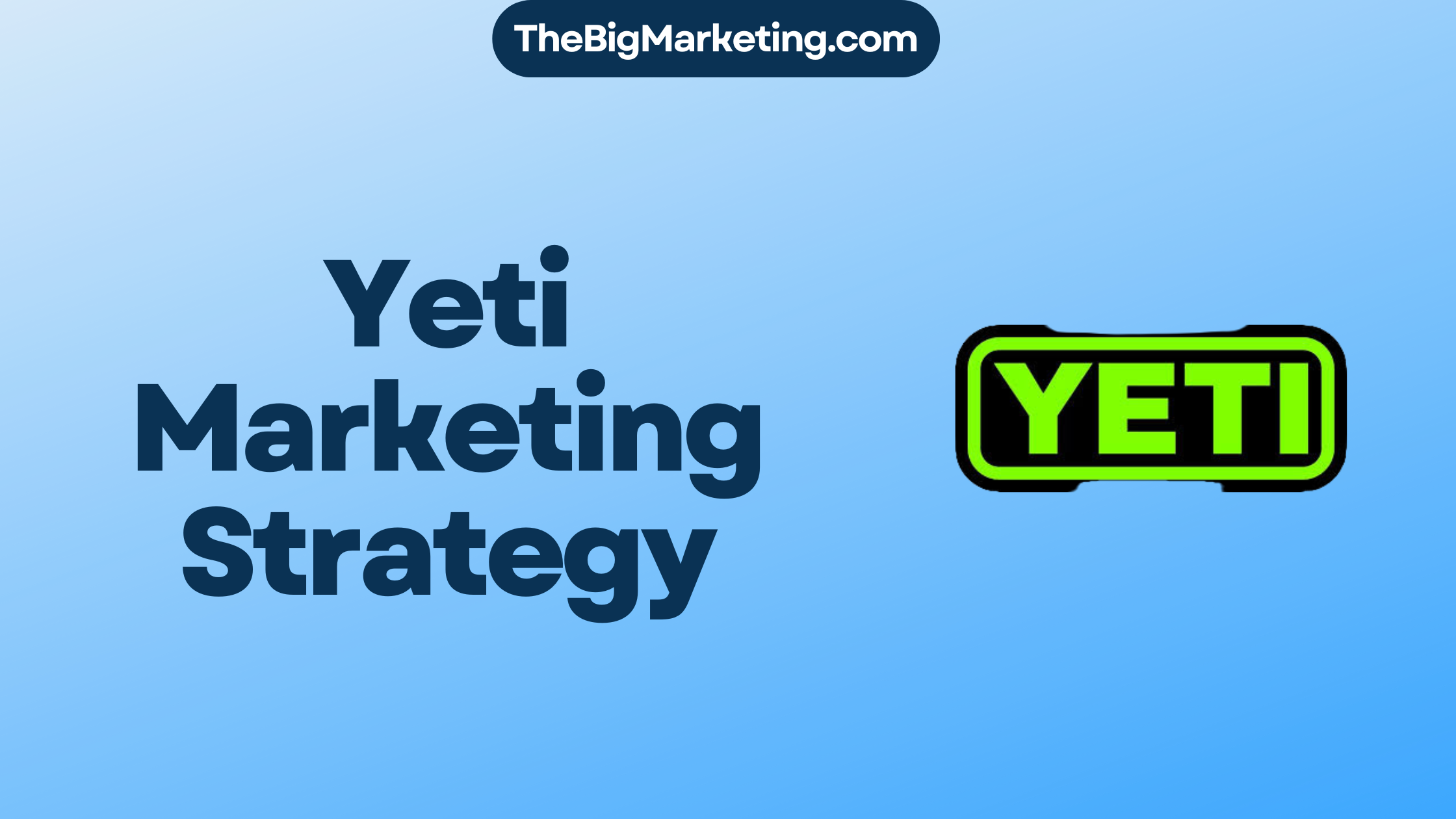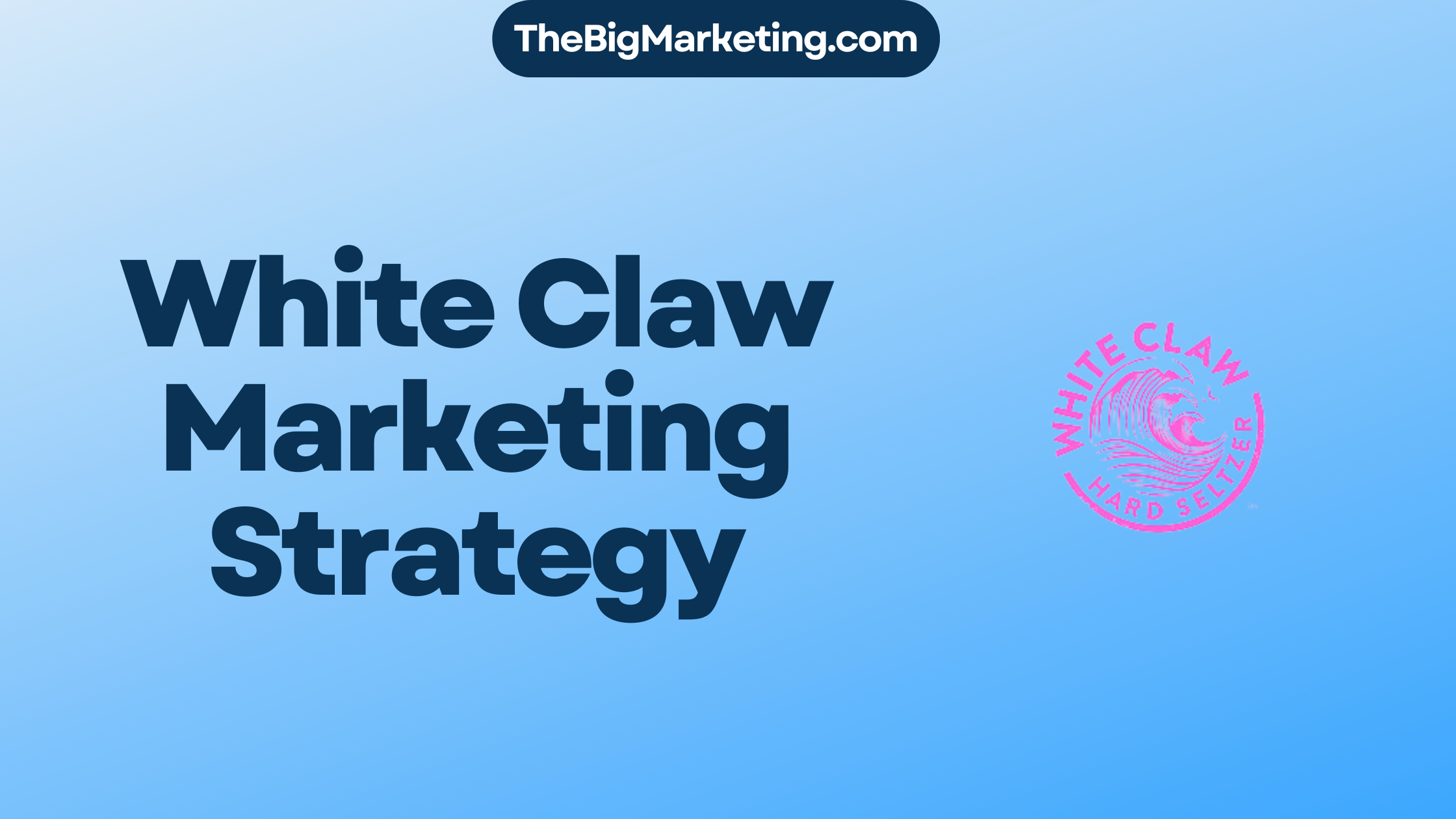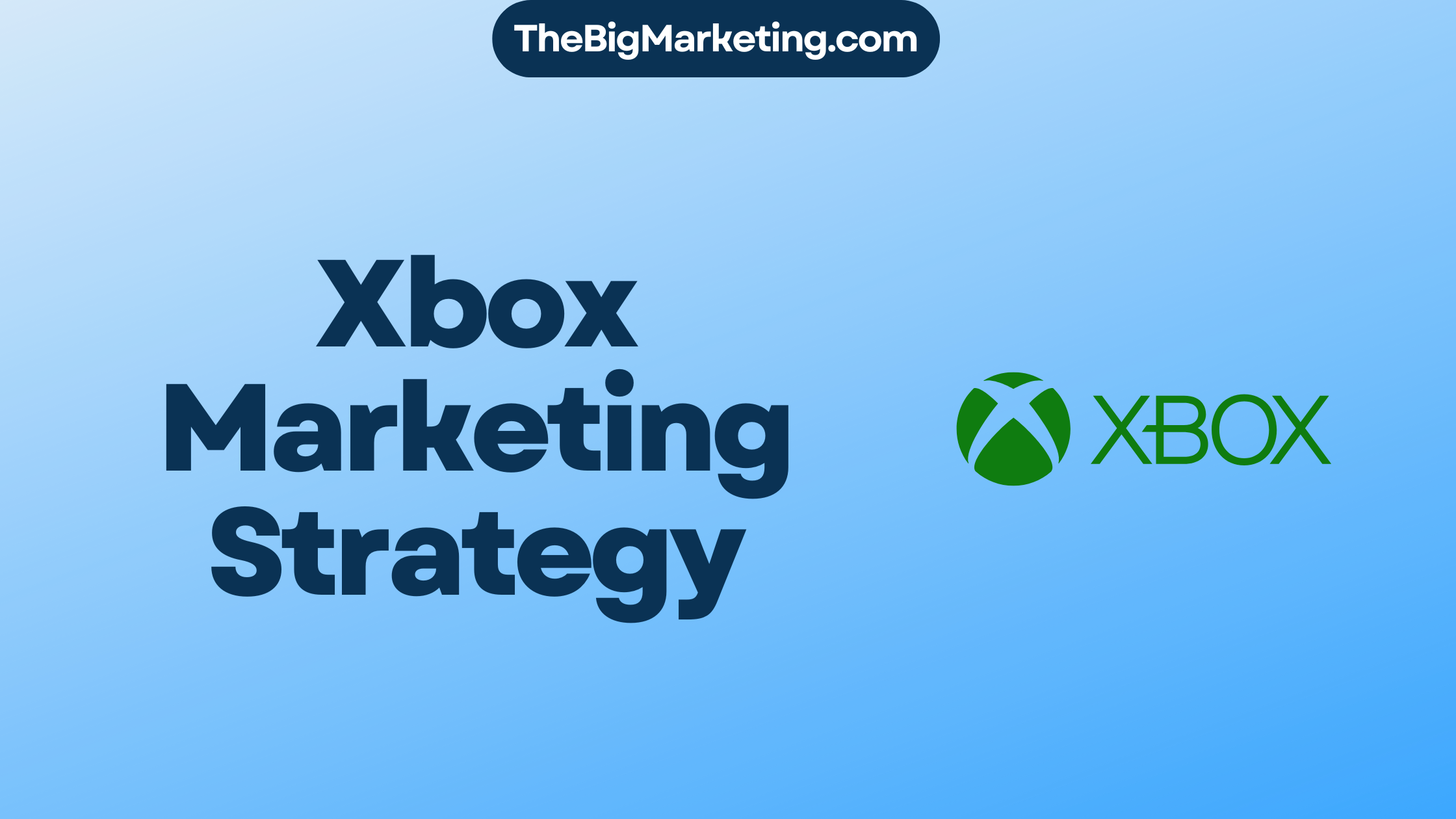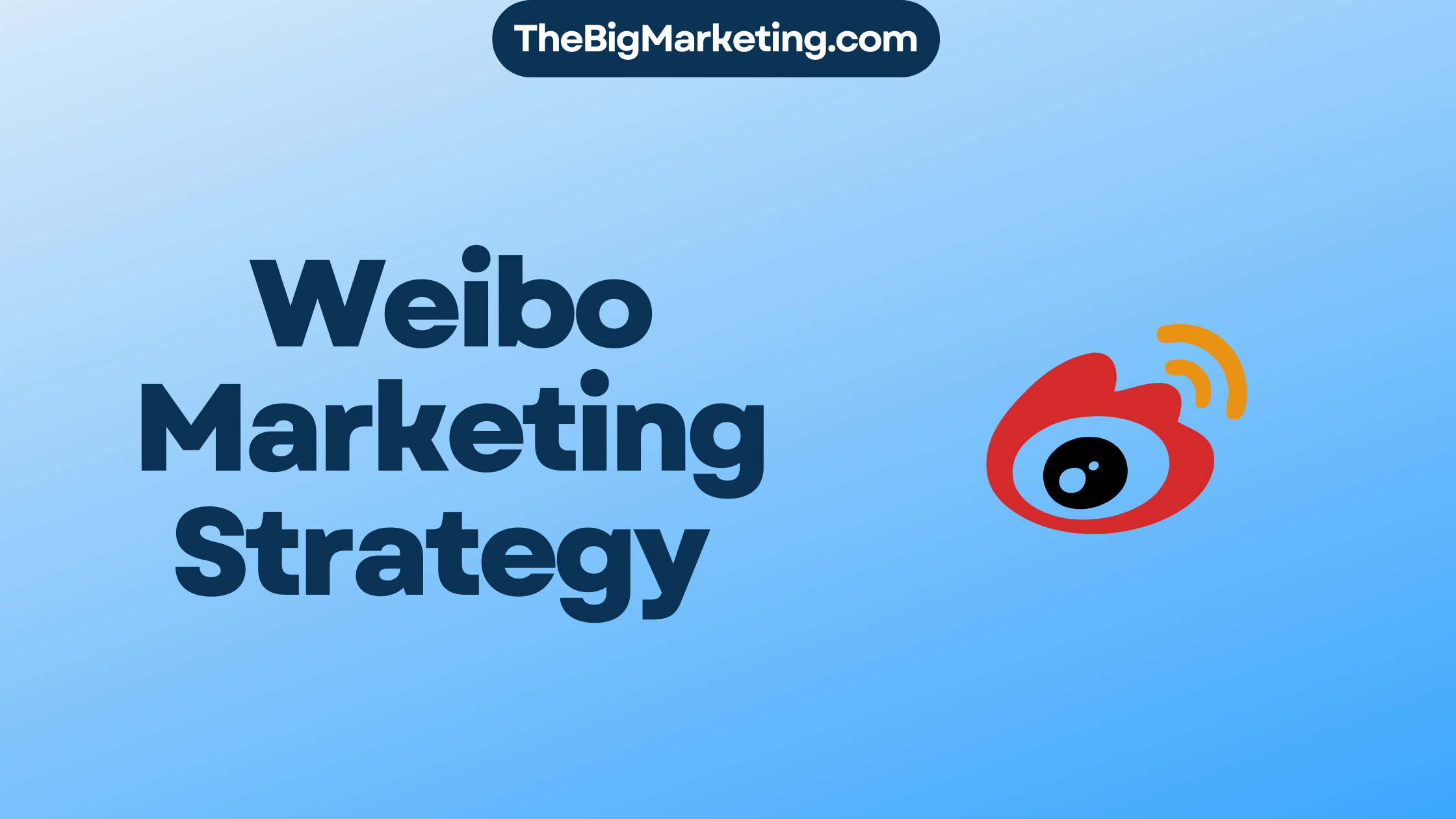Acquiring valuable marketing experience is crucial for success in the fast-paced world of digital marketing. Whether you aspire to become a marketing manager, consultant, or land your dream job at a marketing agency, taking proactive steps to enhance your marketing skills and knowledge is essential. By following these steps, you can develop a solid foundation, gain practical experience, and stay ahead of the curve in the ever-evolving field of marketing.
Key Takeaways:
- Develop a wide range of marketing skills, including communication, analytical thinking, and problem-solving abilities.
- Build a strong marketing foundation through education, courses, certifications, and staying up-to-date with industry trends.
- Gain practical experience through internships and projects to apply theoretical knowledge in real-world scenarios.
- Stay updated with the latest marketing trends and technologies to remain competitive in the industry.
- Collaborate with experienced marketing professionals, seek mentorship, and network to gain valuable insights and guidance.
Understand the Importance of Marketing Skills
Marketing skills are essential in the field of marketing, as they enable professionals to effectively promote products or services, analyze marketing data, and create impactful marketing campaigns. By developing a wide range of marketing skills, you can enhance your ability to connect with your target audience and achieve marketing success.
Some of the key marketing skills that are crucial for success include:
- Communication Skills: Strong communication skills enable marketers to effectively convey their marketing messages, engage with their target audience, and build relationships with potential customers.
- Analytical Skills: Analytical skills are necessary for interpreting marketing data, measuring the effectiveness of marketing campaigns, and making data-driven decisions to optimize marketing strategies.
- Creative Thinking: Creative thinking allows marketers to come up with innovative ideas, develop unique marketing campaigns, and stand out in a crowded marketplace.
- Problem-Solving Skills: Problem-solving skills are essential for overcoming obstacles and challenges in marketing, whether it’s finding creative solutions to reach your target audience or addressing customer concerns and feedback.
By acquiring and improving these marketing skills, you’ll be better equipped to navigate the ever-changing marketing landscape, adapt to emerging trends, and achieve your marketing objectives.
Digital Marketing Skills
In addition to the core marketing skills mentioned above, it’s also important to develop digital marketing skills in today’s digital age. Digital marketing skills encompass various aspects, such as:
- Search engine optimization (SEO) to improve website visibility and organic traffic
- Social media marketing to engage with the audience on different platforms
- Content marketing to create valuable and compelling content
- Email marketing to nurture leads and build customer relationships
- Pay-per-click (PPC) advertising to drive targeted traffic to websites
- Web analytics to track and measure the performance of online marketing efforts
By acquiring digital marketing skills, you’ll be equipped to leverage the power of digital platforms and effectively reach your target audience in the online space.
| Marketing Skills | Description |
|---|---|
| Communication Skills | Effective written and verbal communication abilities to convey marketing messages and engage with the target audience. |
| Analytical Skills | Proficiency in analyzing marketing data, understanding metrics, and making data-driven decisions to optimize marketing strategies. |
| Creative Thinking | The ability to think creatively and develop innovative marketing campaigns that capture attention and stand out. |
| Problem-Solving Skills | Excellent problem-solving abilities to overcome obstacles and address challenges that arise in marketing initiatives. |
Build a Solid Marketing Foundation
Building a solid marketing foundation is crucial for acquiring valuable marketing experience. By investing in marketing education, courses, certifications, blogs, and books, you can continuously expand your knowledge and stay updated with the latest marketing trends.
Marketing Education
Gaining formal education in marketing provides a comprehensive understanding of the fundamental concepts, theories, and strategies that drive successful marketing campaigns. Pursuing a degree in marketing or a related field equips you with the necessary theoretical knowledge to excel in your marketing career.
Marketing Courses and Certifications
Enrolling in marketing courses and obtaining certifications offers practical and targeted learning experiences that enhance your marketing skills. These programs provide focused training on specific marketing disciplines, such as digital marketing, social media marketing, content marketing, and more. Completing these courses and certifications demonstrates your commitment to professional development and adds value to your marketing expertise.
Marketing Blogs
Marketing blogs are valuable resources for staying updated with industry trends, gaining insights from marketing experts, and accessing practical tips and strategies. By regularly reading marketing blogs, you can expand your knowledge, learn about emerging trends, and apply the latest marketing techniques in your campaigns.
Marketing Books
Books on marketing offer in-depth analysis, case studies, and practical advice from renowned marketing professionals. They provide a deeper understanding of marketing strategies, consumer behavior, branding, and other essential marketing concepts. By reading marketing books, you can gain valuable insights and apply proven marketing principles to your own projects.
By building a solid marketing foundation through education, courses, certifications, blogs, and books, you will develop a strong knowledge base and gain the necessary skills to excel in the field of marketing.
| Resource | Description |
|---|---|
| Marketing Education | Formal education in marketing, such as bachelor’s or master’s degrees, provides a comprehensive understanding of marketing principles and strategies. |
| Marketing Courses and Certifications | Short-term courses and certifications offer specialized training in specific areas of marketing, equipping you with practical skills and industry-recognized qualifications. |
| Marketing Blogs | Online blogs authored by marketing experts provide up-to-date insights, trends, and practical tips to enhance your marketing knowledge. |
| Marketing Books | Books written by marketing professionals offer in-depth analysis, case studies, and strategies to strengthen your marketing expertise. |
Gain Practical Experience through Internships and Projects
In addition to theoretical knowledge, gaining practical experience is crucial for building a successful marketing career. Participating in marketing internships and working on marketing projects will provide you with hands-on, real-world marketing experience. These opportunities will allow you to apply your marketing skills, work with industry professionals, and gain valuable insights into the marketing industry. This practical experience will enhance your marketing expertise and make you a more competitive candidate for marketing roles.
Marketing internships are a valuable way to gain practical experience while still in school or early in your marketing career. These internships offer structured programs that immerse you in real-world marketing activities, such as market research, campaign planning, content creation, and data analysis. By working alongside marketing professionals, you can learn from their expertise, receive guidance, and contribute to meaningful marketing projects. Marketing internships provide an invaluable stepping stone towards developing your marketing skills and establishing a strong foundation for your career.
In addition to internships, taking on marketing projects can also provide you with hands-on experience. These projects can be independent initiatives or collaborative efforts within your organization or even outside of it. By working on marketing projects, you have the opportunity to apply your marketing knowledge, experiment with different strategies and tactics, and see the tangible results of your efforts.
Real-world marketing experience gained through internships and projects enables you to understand the challenges, complexities, and dynamics of the marketing industry. It provides you with practical insights into consumer behavior, market trends, and effective marketing strategies. This experience also helps you develop essential skills such as problem-solving, critical thinking, collaboration, and project management, which are highly sought after by employers in the marketing field.
Furthermore, gaining practical experience through internships and projects allows you to build a professional network and establish connections with industry experts. This network can provide you with valuable mentorship, career opportunities, and a support system throughout your marketing journey. By collaborating with experienced professionals in a real-world setting, you can learn from their expertise, expand your knowledge, and gain a deeper understanding of the marketing industry.
Overall, participating in marketing internships and working on marketing projects is essential for acquiring hands-on experience and real-world marketing skills. These opportunities provide valuable insights, practical knowledge, and a competitive edge in the marketing field. Whether you are a student or a professional looking to enhance your marketing career, gaining practical experience through internships and projects is a crucial step towards becoming a successful marketing professional.
Stay Updated with the Latest Marketing Trends and Technologies
In today’s fast-paced marketing landscape, staying updated with the latest marketing trends and technologies is crucial for acquiring valuable marketing experience. The marketing industry is constantly evolving, with new trends emerging and cutting-edge technologies being developed regularly. By keeping up with these changes, you can stay ahead of the competition and ensure that your marketing strategies are effective and impactful.
One significant aspect of staying updated with marketing trends is understanding the digital marketing landscape. Digital marketing trends play a vital role in shaping marketing strategies and reaching target audiences effectively. It involves utilizing various digital channels, such as social media, content marketing, and influencer marketing, to engage and connect with consumers.
Another essential element to consider is emerging marketing trends. These are new strategies and techniques that are gaining popularity and can significantly impact marketing campaigns. By being aware of these emerging trends, marketers can adapt their strategies to stay relevant and engage with their target audience effectively.
Marketing Automation: Enhancing Efficiency and Effectiveness
One area of technology that continues to shape the marketing industry is marketing automation. Marketing automation refers to the use of software and tools to automate repetitive marketing tasks and streamline processes. It enables marketers to effectively manage digital campaigns, personalize customer experiences, and measure campaign performance.
With marketing automation, marketers can automate email marketing, lead nurturing, social media posting, and other repetitive tasks. By automating these processes, marketers can not only save time and resources but also improve efficiency and accuracy.
Furthermore, marketing automation allows for better targeting and personalization of marketing messages. It enables marketers to segment their audience based on demographics, behavior, and other criteria, ensuring that the right message reaches the right audience at the right time.

| Benefits of Marketing Automation | Challenges of Marketing Automation |
|---|---|
|
|
Collaborate with Experienced Marketing Professionals
Collaborating with experienced marketing professionals is a valuable opportunity to gain practical knowledge and enhance your marketing skills. By engaging with industry experts, you can broaden your understanding of marketing strategies, learn new techniques, and stay up-to-date with the latest trends. Below are effective ways to collaborate with experienced marketing professionals:
- Seek mentorship: Find a marketing mentor who can guide you in your career. A mentor can provide valuable insights, share their experiences, and offer advice on navigating the marketing industry.
- Network with professionals: Attend networking events, join marketing associations, and connect with marketing professionals on platforms like LinkedIn. Networking allows you to build relationships, exchange ideas, and access opportunities within the industry.
- Participate in industry conferences: Attend marketing conferences and workshops to learn from industry experts and gain insights into emerging trends and successful marketing strategies. Conferences provide a platform for knowledge sharing and networking with like-minded professionals.
Collaborating with experienced marketing professionals can accelerate your learning curve and open doors to new opportunities. It’s a chance to expand your professional network, gain valuable guidance, and stay ahead in the ever-evolving field of marketing.
Optimize Marketing Campaigns with Data Analytics
Data analytics plays a crucial role in optimizing marketing campaigns and acquiring valuable marketing experience. By utilizing marketing analytics tools, marketers can effectively analyze marketing metrics, measure the return on investment (ROI), and make data-driven decisions to enhance their marketing strategies.
Marketing analytics involves the collection, analysis, and interpretation of data to gain insights into consumer behavior, campaign performance, and market trends. This enables marketers to track the success of their marketing efforts, identify areas for improvement, and make data-backed decisions to optimize their campaigns.
One of the key aspects of data-driven marketing is the use of marketing metrics. These metrics provide valuable information about the effectiveness of marketing campaigns and help marketers assess their performance. By analyzing metrics such as website traffic, conversion rates, click-through rates, and customer engagement, marketers can gain a deeper understanding of their target audience and fine-tune their marketing strategies accordingly.
ROI analysis is another crucial component of data-driven marketing. By measuring the ROI of marketing campaigns, marketers can determine the effectiveness and profitability of their efforts. This analysis allows marketers to allocate resources more efficiently, focus on high-performing channels, and optimize their marketing spend.
Furthermore, data analytics enables marketers to identify trends, patterns, and correlations in consumer behavior. By understanding these insights, marketers can tailor their marketing messages, target specific customer segments, and create personalized experiences that resonate with their audience.

Marketing optimization is the ultimate goal of data-driven marketing. By analyzing data and leveraging insights, marketers can continuously improve their strategies, refine their targeting, and enhance their overall marketing performance. This iterative process of optimization helps marketers achieve better results, maximize their ROI, and stay ahead in the competitive marketing landscape.
Benefits of Data-Driven Marketing
Data-driven marketing offers several benefits for marketers:
- Improved decision-making: Data analytics provides valuable insights that inform marketing decisions, resulting in more informed and effective strategies.
- Increased ROI: By identifying high-performing campaigns and channels, marketers can allocate resources more effectively to maximize their return on investment.
- Enhanced targeting and personalization: Data analysis enables marketers to target specific customer segments and deliver personalized experiences, improving customer engagement and satisfaction.
- Optimized marketing spend: By analyzing the performance of marketing campaigns, marketers can identify areas for improvement and reallocate resources to maximize the impact of their efforts.
- Competitive advantage: Data-driven marketing allows marketers to stay ahead of the competition by leveraging insights to adapt and optimize their strategies.
In conclusion, data analytics is a powerful tool for optimizing marketing campaigns and acquiring valuable marketing experience. By utilizing marketing analytics, tracking metrics, conducting ROI analysis, and leveraging insights, marketers can enhance their strategies, drive better results, and stay at the forefront of the ever-evolving marketing landscape.
Develop Strong Project Management Skills
Effective marketing execution requires strong project management skills. By developing organizational skills, time management abilities, and prioritization techniques, you will be able to successfully plan and execute marketing projects. These project management skills are crucial for ensuring that projects are completed on time, within budget, and with maximum impact.
Organizational skills play a vital role in project management. They involve creating a structured plan, establishing clear goals, and coordinating resources effectively. By organizing tasks and responsibilities, you can streamline the marketing project and maintain productivity.
Time management is another critical aspect of project management. It involves setting realistic deadlines, allocating time for each task, and effectively utilizing available time. By managing your time efficiently, you can ensure that all project milestones are met and prevent unnecessary delays.
Prioritization techniques are essential for managing competing tasks and resources. Prioritizing involves identifying and focusing on the most critical aspects of the project first, ensuring that key objectives are achieved. By prioritizing tasks and resources, you can allocate your efforts effectively and make informed decisions.
Developing strong project management skills contributes to the success of marketing campaigns. It demonstrates your ability to handle complex marketing initiatives and deliver results. Effective project management ensures that marketing projects are executed smoothly, enhancing your reputation as a marketing professional.
As a marketing professional, investing in project management training and education can be beneficial. Courses and certifications in project management can provide you with valuable insights, tools, and techniques to strengthen your project management skills.
With strong project management skills, you will be able to effectively plan, coordinate, and execute marketing projects, leading to successful marketing campaigns. These skills will enhance your marketing experience and set you apart as a competent and reliable marketing professional.
See the table below for a summary of the essential project management skills needed for effective marketing execution.
| Project Management Skills |
|---|
| Organizational Skills |
| Time Management |
| Prioritization |
Acquiring strong project management skills is crucial for marketing professionals. By developing organizational skills, time management abilities, and prioritization techniques, you can successfully plan and execute marketing projects, ensuring their timely completion and maximum impact.
Seek Opportunities for Leadership and Management
Emphasizing your leadership and management skills is crucial for advancing your marketing experience. By seeking opportunities to take on leadership roles within marketing projects, managing marketing teams, and developing your leadership capabilities, you can enhance your effectiveness and drive successful marketing initiatives.
Effective leadership and management skills are highly valued in the marketing industry. They demonstrate your ability to guide and motivate teams, make strategic decisions, and achieve desired marketing outcomes. Taking on leadership responsibilities enables you to contribute to the overall success of marketing campaigns and projects.
To enhance your leadership and management skills, consider the following:
- Take on leadership roles within marketing projects: Actively seek out opportunities to lead specific marketing initiatives. This can include managing the execution of a marketing campaign or taking charge of a specific project within the overall marketing strategy.
- Manage marketing teams: As you gain experience, take on responsibilities for managing a team of marketing professionals. This provides an opportunity to refine your leadership and team management skills, while also fostering collaboration and achieving collective goals.
- Develop your leadership capabilities: Invest in your leadership development by seeking out training programs, courses, or workshops focused on leadership skills in the marketing context. Engage in self-reflection and continuously seek feedback to identify areas for improvement and growth.
By actively pursuing opportunities for leadership and management, you can establish yourself as a capable marketing professional with the skills necessary to drive successful marketing campaigns and projects.
| Benefits of Seeking Leadership Opportunities | How It Enhances Your Marketing Experience |
|---|---|
| 1. Development of leadership skills | 1. Demonstrates your ability to guide and motivate teams |
| 2. Improved decision-making capabilities | 2. Enables you to make strategic decisions within marketing initiatives |
| 3. Enhanced collaboration and teamwork | 3. Fosters collaboration among team members and achieves collective goals |
| 4. Increased visibility and recognition | 4. Establishes you as a capable marketing professional and enhances your reputation |
Conclusion
Acquiring valuable marketing experience is essential for advancing your career in the dynamic world of digital marketing. By following the steps outlined in this article, including developing a diverse set of skills, staying updated with marketing trends, gaining practical experience, collaborating with experienced professionals, utilizing data analytics, and honing project management and leadership skills, you can enhance your marketing expertise and achieve successful marketing campaigns.
With a solid foundation of marketing experience, you will be well-equipped to navigate the competitive marketing landscape and excel in your marketing career. Digital marketing continues to evolve, and staying proactive in expanding your marketing skills and knowledge will allow you to adapt to the ever-changing industry. Embrace continuous learning and seek opportunities to gain hands-on experience to become a well-rounded marketing professional.
By leveraging your marketing experience and honing your digital marketing skills, you will be able to develop effective marketing strategies, analyze marketing analytics, and execute impactful marketing campaigns. Stay curious, stay adaptable, and continue to refine your marketing skills to thrive in the fast-paced world of digital marketing. With dedication and perseverance, you can build a successful marketing career and make a lasting impact in the industry.
FAQ
What are the steps to acquiring valuable marketing experience?
The steps to acquiring valuable marketing experience include developing your marketing skills, building a solid marketing foundation, gaining practical experience, staying updated with the latest marketing trends and technologies, collaborating with experienced marketing professionals, utilizing data analytics, developing strong project management skills, and seeking opportunities for leadership and management.
Why are marketing skills important?
Marketing skills are crucial for success in the field of marketing. They enable you to effectively promote products or services, analyze marketing data, and create impactful marketing campaigns. Some essential marketing skills include strong communication skills, analytical skills, creative thinking, and problem-solving abilities.
How can I build a solid marketing foundation?
You can build a solid marketing foundation by pursuing marketing education, taking marketing courses, obtaining marketing certifications, and staying up-to-date with marketing trends through marketing blogs and books. Continuously learning and expanding your marketing knowledge will equip you with the necessary skills and insights to excel in the field of marketing.
How can I gain practical experience in marketing?
You can gain practical experience in marketing by participating in marketing internships and working on marketing projects. These opportunities provide hands-on, real-world marketing experience where you can apply your skills, work with industry professionals, and gain valuable insights into the marketing industry.
How can I stay updated with the latest marketing trends and technologies?
To stay updated with the latest marketing trends and technologies, you can keep track of digital marketing trends, explore new marketing technologies, and understand how they can be utilized to enhance marketing strategies. Staying informed and adaptable allows you to incorporate new trends and technologies into your marketing efforts, gaining a competitive edge in the industry.
How can I collaborate with experienced marketing professionals?
You can collaborate with experienced marketing professionals by seeking out mentorship opportunities, networking with marketing professionals, joining industry associations, and participating in marketing conferences and workshops. Building relationships with seasoned marketers provides valuable guidance and support, helping you enhance your marketing skills and advance in your career.
How can data analytics optimize marketing campaigns?
Data analytics plays a crucial role in optimizing marketing campaigns by allowing you to analyze marketing metrics, measure the return on investment (ROI) of your marketing efforts, and make data-driven decisions. Understanding the insights provided by data analytics helps you identify areas for improvement, optimize your marketing strategies, and achieve better results.
Why are project management skills important in marketing?
Strong project management skills are essential for effective marketing execution. Developing organizational skills, time management abilities, and prioritization techniques enables you to successfully plan and execute marketing projects. Good project management skills contribute to the success of marketing campaigns and demonstrate your ability to handle complex marketing initiatives.
How can I seek opportunities for leadership and management in marketing?
You can seek opportunities for leadership and management in marketing by taking on leadership roles within marketing projects, managing marketing teams, and developing your leadership capabilities. Effective leadership and management skills are highly valued in the marketing industry, as they demonstrate your ability to guide and motivate teams, make strategic decisions, and drive successful marketing initiatives.
How can I acquire valuable marketing experience?
Acquiring valuable marketing experience is a continuous process that involves developing a diverse set of skills, staying updated with marketing trends, gaining practical experience, collaborating with experienced professionals, utilizing data analytics, and honing project management and leadership skills. By following these steps, you can enhance your marketing expertise, achieve successful marketing campaigns, and advance your career in the dynamic world of digital marketing.
